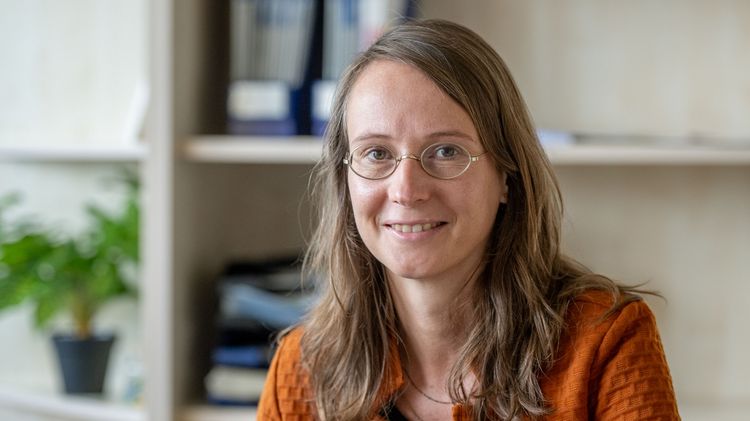How do we reduce social inequalities?
How do we reduce social inequalities?
How do we reduce social inequalities?

More equal opportunities in the education system are essential for the future of our society, says social scientist Gundula Zoch.
“We are facing enormous social challenges such as the transformation of the labour market and new technologies. To meet these challenges, comprehensive access to education for children and adults is essential. They all need the skills required to seize opportunities and cope with social change.
Education is also key for social cohesion. It plays a role not only in achieving material prosperity and wellbeing, but also in social, political and societal participation. However, in Germany we urgently need reforms to ensure more equal opportunities in the education system.
Research has shown that good education in early childhood is crucial to reducing educational inequalities. It benefits children, including those from disadvantaged groups, throughout their lives. It also helps older generations, because the costs of government benefits will be borne by young people who embrace technological developments in the labour market and use or complement them with their skills.
My vision for the future is that fifty years from now we will have created an education system in Germany which benefits everybody, regardless of their family circumstances and background. And that education is seen as a lifelong process which paves the way for people to participate successfully in society even in times of major change. Investing money and expertise here is worthwhile, because it will enable us to reduce social inequalities across the board.”


